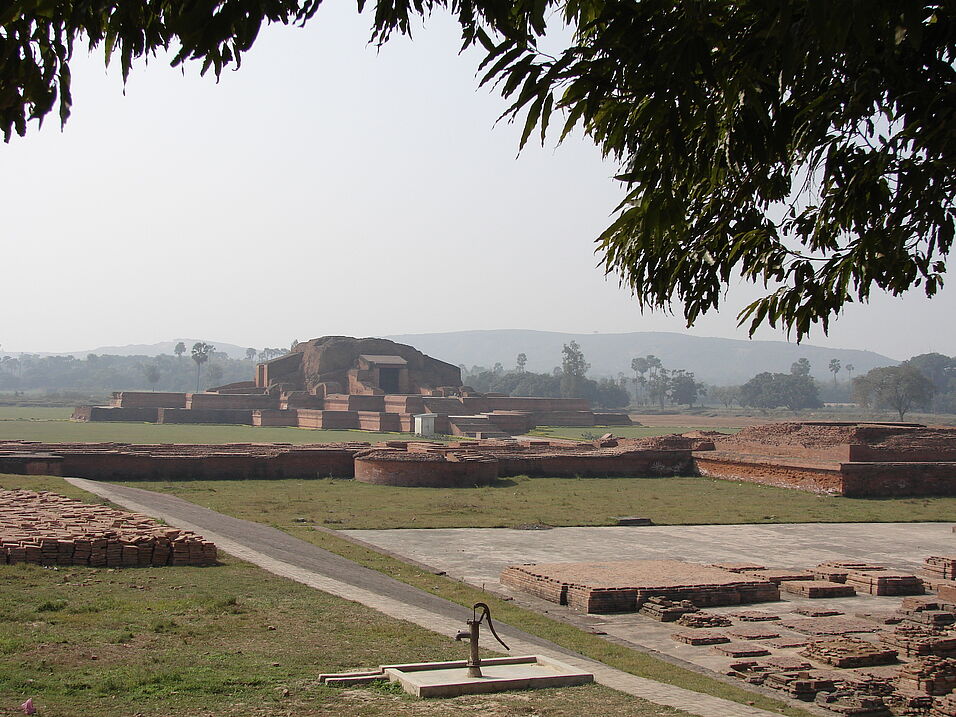Staff:
- Hiroko Matsuoka
Collaboration partners:
- Patrick McAllister (Austrian Academy of Sciences)
- Mai Miyo (Komazawa University)
- Shinya Moriyama (Shinshu University)
- Karin Preisendanz (University of Vienna)
The wider research context of the project is the question whether Buddhist epistemology is a secular science like medicine, grammar and architecture, or whether it is fundamentally religious and an integral part of the Buddhist religion. This question has been debated not only by modern scholars over the last 100 years, but also within the Buddhist tradition itself. In the post-Dharmakīrtian period, two towering figures took opposing positions on it: Dharmottara (8th c.) and Prajñākaragupta (9th c.). The former maintained that Buddhist logic and epistemology constitute a worldly science, while the latter evoked their religious presuppositions and implications. Although the importance of Prajñākaragupta’s Pramāṇavārttikālaṅkāra (PVA) for the history of Buddhist philosophy is widely recognized, it has hardly been studied in modern scholarship, inter alia because no commentary on it had survived in Sanskrit. However, a voluminous Sanskrit manuscript of the first chapter of Yamāri’s commentary, the Pramāṇavārttikālaṅkāranibandha (PVAN 1), unexpectedly became available through photocopies kept at the China Tibetology Research Center, Beijing.
The project has five objectives: (1) to provide diplomatic and critical editions of the Sanskrit text of PVAN 1, accompanied by a critical edition of its Tibetan translation; (2) to recover Yamāri’s thought through the translation and study of selected parts of PVAN 1; (3) to make available a tool for better understanding PVA 1 and (4) to offer improved readings of its often problematic Sanskrit text; and (5) to contribute to the understanding of Jayanta’s commentary on the PVA (Pramāṇavārttikālaṅkāraṭīkā, PVAṬ), lost in its Sanskrit original, of whose text hundreds of quotations can be identified in PVAN 1.
The relationship between the texts of PVAN 1 and PVAṬ 1 will be analyzed and innovatively visualized with the help of tools developed in the DH by Patrick McAllister (Austrian Academy of Sciences). The philological–historical studies, with translations of selected parts of the sophisticated Sanskrit prose, will focus on Yamāri’s interpretation of foundational topics of the Buddhist religion, his original perception of the intellectual history of Buddhist logic and epistemology, and his contribution to central topics of controversy with non-Buddhist philosophers.

